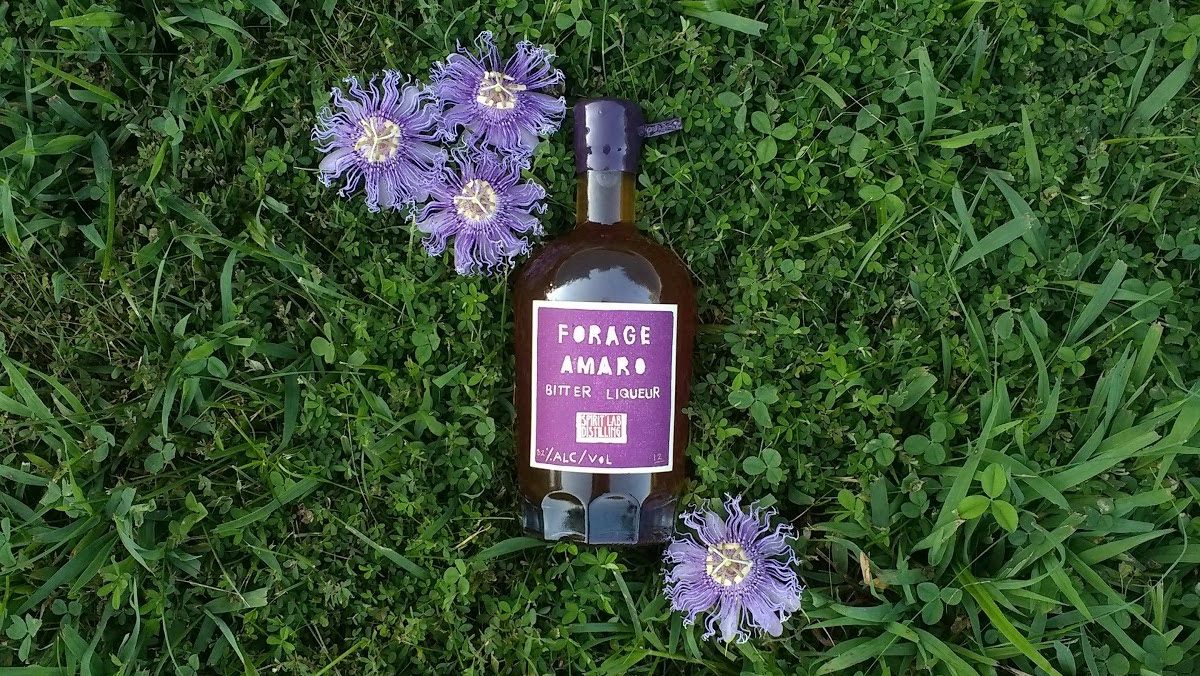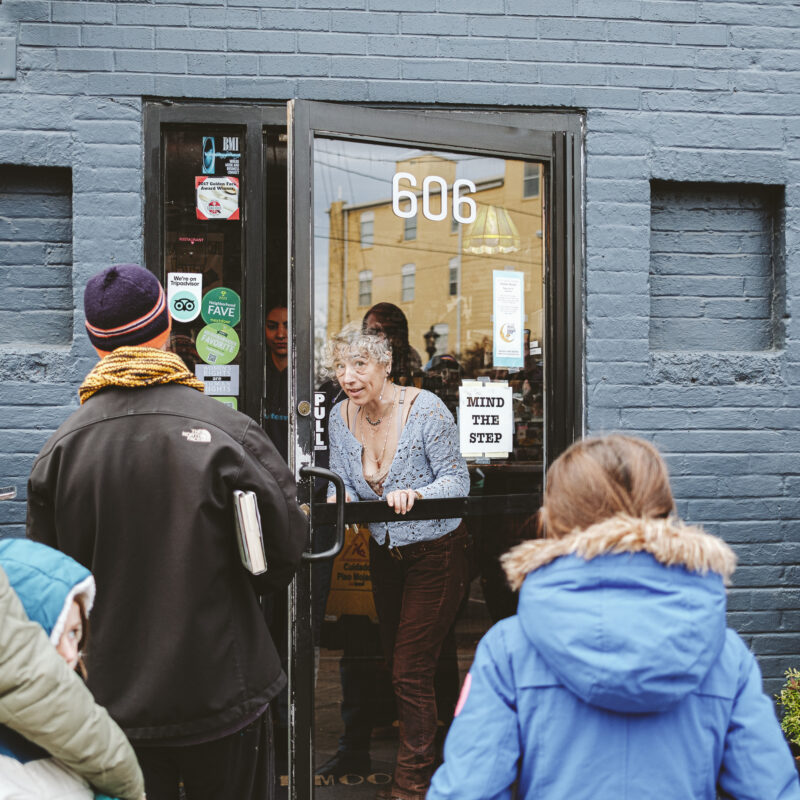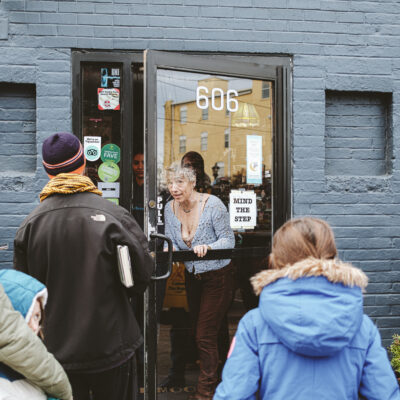Do you find yourself stuck in a loop at cocktail hour? When it’s five o’clock somewhere and Miller time has arrived, many people reach for the same beverages again and again. Lucky for us central Virginians, it’s easy to find exciting, locally made products to vary our drink of choice.
Here are a few that fly under the radar, but are worth adding to your cocktail routine.
Bitters
Think of bitters as a spice or a condiment for drinks, much in the same way salt or pepper are used in food. Bitters are simply a base of neutral alcohol infused with botanicals, and as the name implies, some of these usually impart bitter flavor. Originally marketed as medicinal, then finding popularity as digestifs, bitters today are usually used to bring interest and depth to cocktails.
There are two small-batch producers of note close to Charlottesville: Blackwater Bitters based in Lynchburg, and Artemisia Farm and Vineyard outside of Marshall. Both feature online ordering as well as recipes on their websites.
Vermouth
Vermouth is broadly defined as aromatized, fortified wine. Aromatized is the addition of botanicals and fortified is the addition of a spirit to increase the alcohol content. It can be sweet or dry. Historically, vermouth was sold as medicine, but today it is commonly served as an aperitif or part of a cocktail.
There are several local, high-quality vermouths worth seeking out. Flying Fox produces one each quarter with botanicals that match the season. The Wool Factory features a private label vermouth in its cocktail program, and offers bottles for sale through the wine shop. And Rosemont, in nearby La Crosse, partners with Capitoline Vermouth in Washington, D.C., to produce a beautiful sweet version.
Amaro
Amaro comes from Italian origins and is a liqueur that has been infused with a complex recipe of herbs and spices. There are thousands of versions of amaro, and the recipes are often closely guarded. Most amaro has at least some bitter component to it, but it can also be quite sweet. Historically served neat as a digestif, amaro has become popular in cocktail recipes.
Don Ciccio & Figli is a family business founded in Italy that was revived in Washington, D.C., by Francesco Amodeo, who has been recognized for preserving his family’s traditional recipes and techniques. Experiencing great growth since its 2012 inception, the company now produces 15 different bottlings.
Closer to home, Spirit Lab Distilling produces Forage Amaro each year with pawpaw, maypop, and hardy oranges that are foraged from the Charlottesville area. Hyper-local and made only in very small batches, this is a true reflection of the season and the local terroir.
In the mix
Blackwater Bitters began with two friends making Christmas gifts. Now, it’s a woman-owned business in Lynchburg. Look for traditional flavors such as orange, but don’t miss the mocha bitters. Cacao and locally roasted coffee beans impart bitterness, along with orange peel, chicory, cinnamon, and sweet molasses. blackwaterbitters.com
Artemisia Farm and Vineyard is farmed by Andrew Napier and Kelly Allen. Their love of cocktails and interest in botanical wines has led to five original recipes utilizing native plants. Artemisia’s Incendia combines a brightly acidic cherry component with underlying flavors of smoke and black tea. artemisia.farm
Flying Fox Vineyard and Winery produces four versions of vermouth each year to match the seasons. The Winter is popular thanks to its deep and complex flavors, but it makes sense to pair these year-round with the changing seasons. flyingfoxvineyard.com
The Wool Factory currently features Bitte as part of its bar program. This is a bitter, dry, white vermouth that was designed specifically for use in cocktail recipes, but also makes an excellent digestif when paired with soda water or ginger ale. It’s available for sale at The Wool Factory’s on-site wine shop. thewoolfactory.com
Rosemont partners with Capitoline Vermouth of Washington, D.C., to produce a deliciously sweet vermouth featuring flavors of orange and citrus peel along with local herbs and other aromatics. This is vermouth that can be consumed on its own, but also brings brightness and sweetness to a favorite cocktail recipe. rosemontofvirginia.com
Don Ciccio & Figli makes a wide range of products from traditional Italian family recipes. You’ll have to find your own favorite, but the Amaro delle Sirene recipe dates back to 1931, and sources more than 30 roots and herbs. Complex flavors of licorice, eucalyptus, stewed fruits, and chamomile stand out in this great example of what traditional amaro is. donciccioefigli.com
Spirit Lab Distilling makes Forage Amaro once a year from fruit and flowers found in the Charlottesville area. The use of maypop lends the flavor of passion fruit to this unique product, which sells out almost as soon as it is released—so get on the mailing list if you are interested in the next batch. spiritlabdistilling.com






